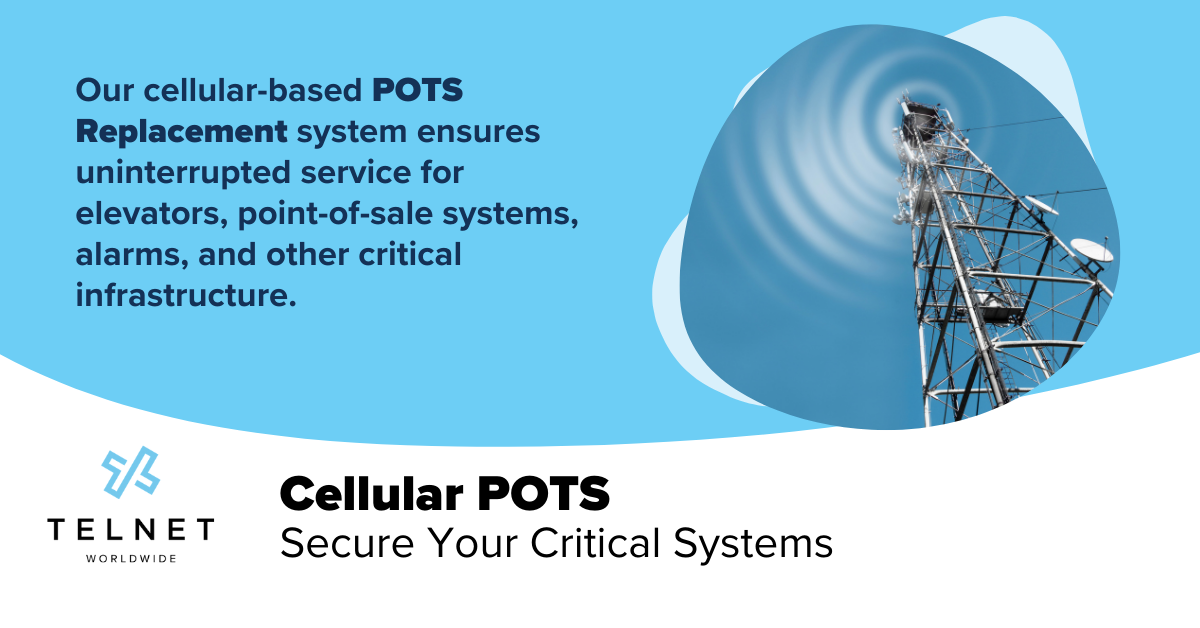With so many businesses claiming to have the “ultimate SIP trunking service,” choosing the right provider is a daunting task. So in an effort to simplify the decision-making process, we’ve pulled together a list of 10 vital things you should look for when choosing your SIP trunking provider.
1. Quality
Have you heard of the saying quality over quantity? Well, this saying speaks volumes when choosing a SIP provider. When selecting a SIP trunking provider, quality of service and technology should be at the forefront of your decision-making.
You may ask yourself, What should I look for? How do I determine a provider’s quality?
To answer these questions, you should look for two things: voice quality and quality of service.
Voice Quality
If your calls aren’t clear when you’re using SIP, then what was the point of getting it in the first place?
Your SIP Trunking provider’s first priority is to ensure that you can send and receive phone calls efficiently and clearly. To ensure this, choose a provider that works with both Tier-1 voice carriers and Least Cost Routing (LCR) to establish your calls. Otherwise, your provider may be cutting quality to save on cost.
Quality of Service
Quality of service (better known as QoS) is not your personal experience with the company — even though that’s important too. QoS refers to the way your voice traffic is prioritized over data traffic. For example, if someone is downloading a large file like an eBook or watching a live webinar, any calls that occur during this time may become downgraded or inaudible. To keep you in the clear, simply ask your SIP provider any questions you may have about their QoS.
2. Cost
One of the main reasons why more and more companies are moving over to SIP Trunking is the potential for cost savings. With SIP, you are combining your traditional phone lines, internet and voice networking to remove the complexity of paying multiple providers. Plus, you can look forward to one reasonable monthly price.
Along with that, many providers give the option of pay as you go rather than upfront. With a pay as you go option, you pay for what you need rather than overpaying for unused lines.
3. Coverage
With geographical coverage, the saying “know your business and its geography” is vital. Your SIP trunk provider should have multiple geographical areas so that you can expand your VoIP infrastructure with ease.
You may ask yourself, How is this possible?
This is possible by choosing a provider who has nationwide and international rate centers. Rate centers determine the boundaries of local calls. So, a provider with a high number of available rate centers can provide coverage nationwide as well as international.
4. Reliability and Security
Reliability and security goes hand-in-hand with quality. When choosing a SIP Trunking provider, look for redundancy to ensure that your service will continue regardless of a natural disaster, outage or a down powerline. For example, TelNet has physical networks in two locations in Michigan alone. This allows customers to have two virtual and diverse routes for call paths and 2 different Session Border Controllers to register their PBX. So if one goes down, it will auto fail-over to the other.
A word from the wise: look for a provider who offers at least a 99percent uptime. Usually, providers with at least 90 percent uptime have a great infrastructure in place for unforeseen circumstances that may occur.
Your SIP Trunking provider should be actively investing in cyber technology that will keep you as secure as possible. offers 247/365 monitoring. As a result, our customers not only have peace of mind knowing that they have a team supporting them constantly, but we are proactively looking to make sure everything is secure.
5. Self-service Portal
Nothing is more nerve wracking than not having the control you need when you need it. When choosing your next SIP provider, ask if they offer a self-service portal. Look for a secure, user-friendly and customizable portal. TelNet’s SIP portal is a great example.
From installation to maintenance, TelNet’s SIP portal allows users to oversee every aspect of their network service. This is done by empowering system administrators to manage their own service, allowing them to make changes to their systems from the comforts of their mobile device or laptop.
6. Interoperability
Nine times out 10, your company already has a PBX (Private Branch Exchange). And if you are purchasing a new PBX or upgrading your current PBX, you should look for a provider who offers interoperability with your current infrastructure.
So, what does this mean for you?
This means that with the help of soft switches and IP-PBXs, providers can ensure seamless connectivity between SIP and your system. By choosing a SIP trunking provider who offers interoperability with your PBX, you’re saving yourself the headache of re-purchasing an entire technology system or recreating the wheel.
7. Simplicity
SIP puts the S.I.P. in simplicity. SIP Trunking is relatively straightforward, so the infrastructure, maintenance and pricing should reflect that.
When looking for a SIP service provider, keep your eye out for arbitrary complexities. For example, if the provider is presenting a confusing SIP Trunking pricing structure, complex implementation plan, or simply using a lot of SIP jargon without breaking it down in simpler terms — run far away as fast as you can.
On the other hand, providers like TelNet Worldwide can offer you not only simple pricing and implementation but complementary 24/7 monitoring and customer support.
8. Knowledge
Your next SIP provider should be a SIP Trunking expert. Now we know that this seems obvious, but with so many providers emerging, it’s pretty difficult to tell who is an actual expert who isn’t. So do a little research. Find testimonials, customer reviews, ask detailed questions and so forth. With this information, you can see what customers are saying about the company and how they will respond in cases of unexpected issues or simple troubleshooting.
A great SIP Trunking provider should not only fix the problem but understand why the problem occurred and how to prevent it moving forward.
9. Direct Inward Dialing
Great SIP providers not only give you the SIP trunk itself but also a database of telephone numbers associated with it too. This database of numbers is also known as DID or Direct inward Dialing. Why is it important for your business? Well, simply put, you’re cutting the expense of buying multiple phone paths. If you have different locations nationally or internationally, DIDs are vital.
With DIDs, your business can invest in a single phone path but still have multiple direct numbers associated with that one path. With TelNet, we go over and beyond for our customers by offering DIDs in all 50 states and some international countries.
10. Scalability
We understand that your business may grow or shrink according to the season. As a result, your SIP provider should tailor your solution to fit the needs of your business. Keep in mind though, that providers may charge penalties and/or fees associated with changing the SIP trunks being used.
But a great SIP trunk provider will be transparent with the price changes as well as meet your needs of adding or removing connections.
If you’re looking for a provider that has all 10 of these qualities and more, there’s no need to look further — Telnet Worldwide is here for you. Give us a call to see how we can elevate your voice solution today.





